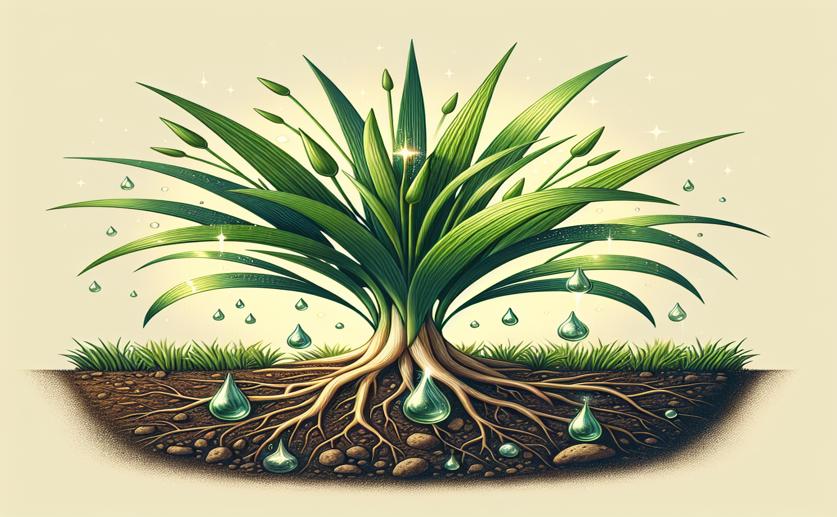
How Soil and Water Affect Lemongrass Growth and Oil Quality
Jim Crocker
29th February, 2024

Image Source: Natural Science News, 2024
Key Findings
- In Kenya, lemongrass with NPK fertilizer grew better under rainfed conditions
- Lemongrass harvested at 120 days had more oil than at 180 days under irrigation
- The oil contained up to 87.70% citral, meeting international market standards
Plant ScienceAgricultureSpices
References
Main Study
1) Lemongrass (Cymbopogon flexuosus) growth rate, essential oil yield and composition as influenced by different soil conditioners under two watering regimes.
Published 29th February, 2024
https://doi.org/10.1016/j.heliyon.2024.e25540
Related Studies
2) Essential Oil Composition Analysis of Cymbopogon Species from Eastern Nepal by GC-MS and Chiral GC-MS, and Antimicrobial Activity of Some Major Compounds.
3) Exploring phytochemical composition, photocatalytic, antibacterial, and antifungal efficacies of Au NPs supported by Cymbopogon flexuosus essential oil.
4) Rosemary (Rosmarinus officinalis L.) growth rate, oil yield and oil quality under differing soil amendments.



 13th February, 2024 | Phil Stevens
13th February, 2024 | Phil Stevens